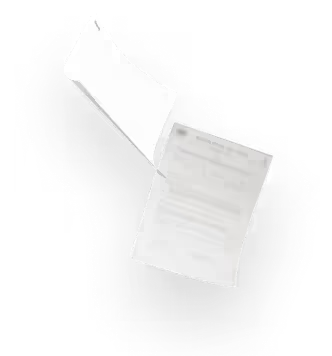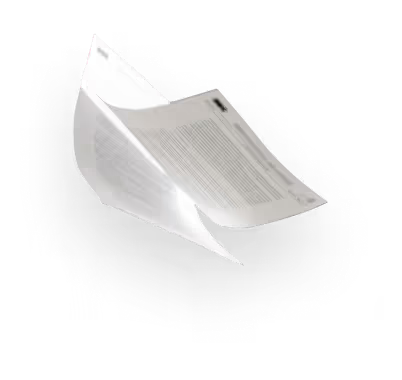The search for form in much of the work at an interdisciplinary institute such as the ICA, and in a time of decoloniality and redress, emerges as dominant.
In 2009 when the institute was searching for defining threads in its work, Jay Pather convened a colloquium titled pre–post–per– FORM, which he described as ‘a meeting ground between interdisciplinarity and performance, institution and anarchy, academy and street…’ The evocation in the use of several hyphens in the title of stuttering forms points to the disruption of neat linearity in contemporary culture and notions of search, trial and error, failure, recovery and exuberance.
It seemed apposite then to co-opt this colloquium title for the theme of this section of the archive and highlight the dynamism in the rhythmic, emotive, and embodied ways in which artists consider form in their practice. This vast section of the archive is prompted by three further strands:
I. Stuttering Multiplicity of Form
II. Ritual
III. The Archival Body
The works and projects in these sections then want to invoke ideas around interdisciplinarity, multiplicity, ritual and the archival body as forms and processes that allow for a radical undoing of violence, oppression and subjugation and create openings for future forms and other hybrids.
A selection from the ICA archive follows, comprising:
Essay
Sarah Nuttal 'Upsurge' 2019
Performance
pre-post- per-Form
ICA (formerly GIPCA) 2010Performance
Framed and Framing
GIPCA Live Art Festival 2014Performance
Abengcongolo - Collective Nguvu Ya Mbegu: The Cleansing
Infecting the City 2019Performance
John Nankin - Lost with All Hands (Lost Without Hands)
ICA Live Art Festival 2024Performance
Ntsoana Contemporary Dance Theatre - Bag Beatings
ICA Life Arts Festival 2018Performance
Nelisiwe Xaba - vROT
ICA Life Art Festival 2024Performance
Gavin Krastin and Alan Parker - Live Art Arcade 2024
Essay
Jay Pather - 'The Impossibility of Curating Live Art'
Performance
Albert Khoza - Take in, Take Out
ICA LIVE ART Festival 2017Performance
Khanyisile Mbongwa - Umnikelo Oshisiwe (A Burnt Offering)
ICA Launch 2016Essay
Lieketso Dee Mohoto-wa Thaluki – ‘Corporeal HerStories: Navigating Meaning in Chuma Sopotela’s Inkukhu Ibeke Iqanda through the Artist’s Words’ 2019
Performance
Kresiah Mukwazhi - Zvisaririra
Live Art Workshop 2019Panel Discussion
‘rights’ to ritual'
ICA Live Art Festival 2022
Performance
Buhlebezwe Siwani - Ngisacela uk’thula
ICA Live Art Festival 2018Performance
Christian Etongo - After Tears
ICA Live Art Network Africa Meeting (LANA) 2018Podcast
Nkosenathi Koela - 'ukuNqula kukuThandaza'
The ICA Pod Season 3, Episode 5Performance
Nashilongweshipwe Mushaandja - Ondaanisa yo Pomudhime The Dance of the Rubber Tree 2019
Performance
Yonela Makoba - Ritual Study Of The Conservation Of Energy
ICA Live Art Festival 2024Essay
Alan Parker – Effigy in the Archive: Ritualising Performance and the Dead inContemporary South African Live Art Practice
Essay
Khwezi Gule - 'To Heal a Nation: Performance and Memorialisation in the Zone of Non-Being'
Performance
Sikhumbuzo Makandula and Mthwakazi - Ingoma ka Tiyo Soga
ICA Live Art Festival September 2018Performance
Christian Etongo - Totem
ICA Live Art Festival 2022Performance
Donna Kukama - Sunshine for Those of us Who Still Breathe From Under the Rubble 2024
Performance
Sello Peso And Ntsoana Contemporary Dance Theatre – Memory And Residue – Dancing For The Ancestors
Performance Lecture
Steven Cohen – ‘Sphincterology’
ICA Live Art Festival 2017Essay
Katlego Disemelo 'Performing the Queer Archive' 2019





.avif)
.avif)
